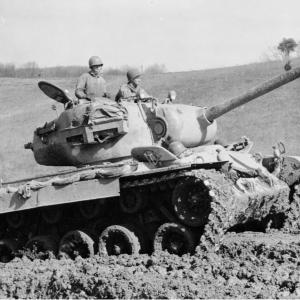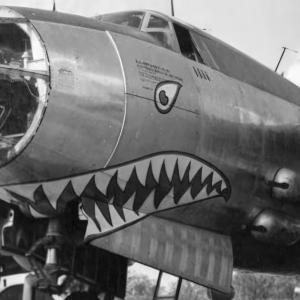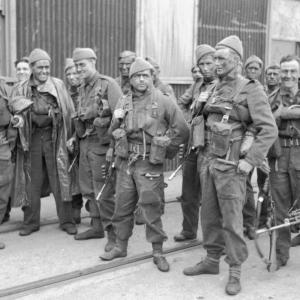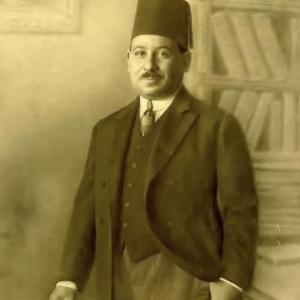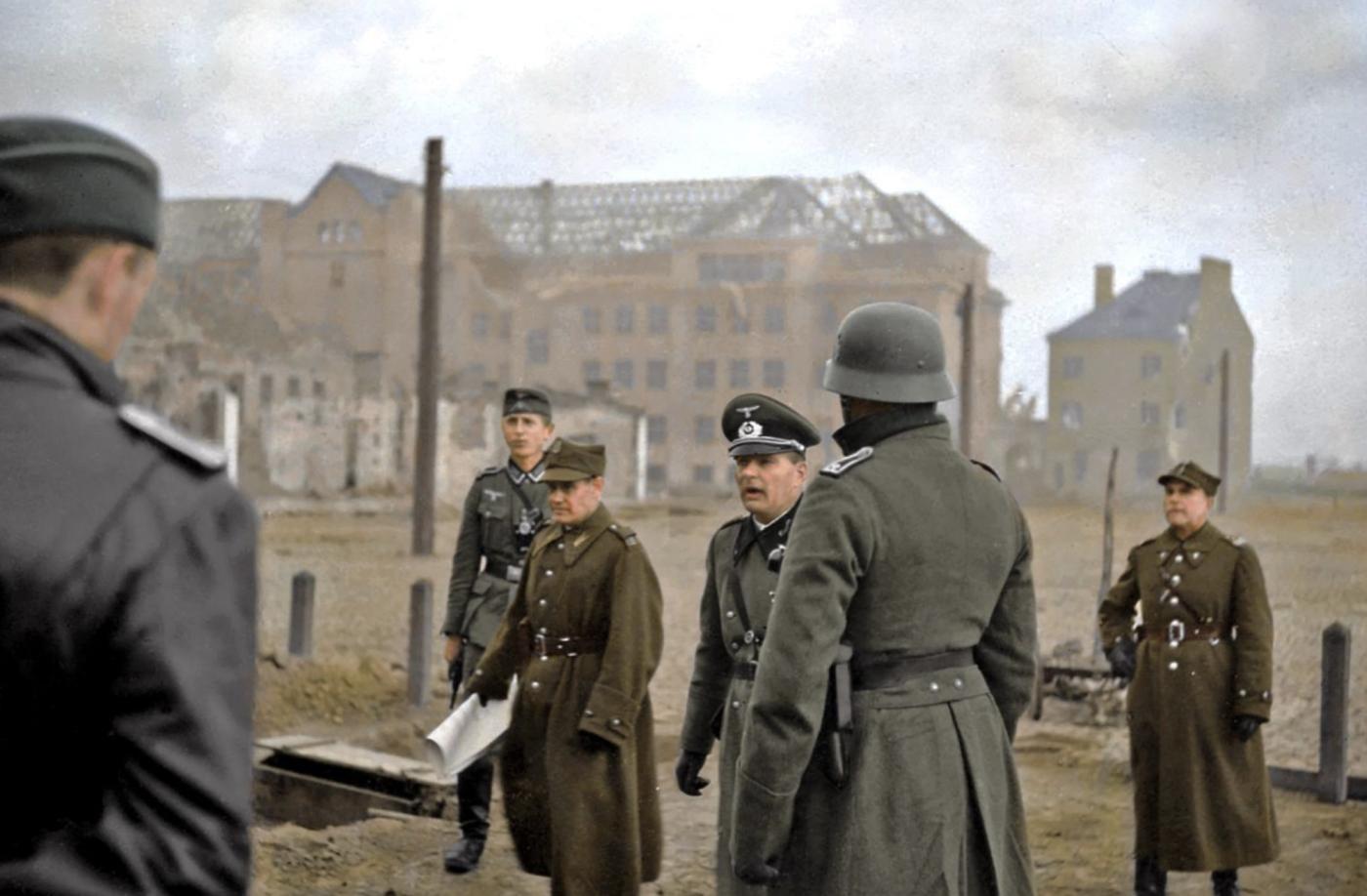
Poland falls to Germany
The German invasion of Poland in 1939 marked the beginning of the Second World War in Europe. Contrary to common perceptions of formal wartime surrender ceremonies, Poland never officially surrendered to Nazi Germany in a single act. Instead, its resistance gradually collapsed under overwhelming German and Soviet military pressure over the course of September and early October 1939. The invasion began on September 1, 1939, when Germany, under Adolf Hitler’s leadership, launched a swift and brutal military campaign known as the Blitzkrieg. Just over two weeks later, on September 17, the Soviet Union invaded Poland from the east under the terms of a secret clause in the Molotov-Ribbentrop Pact, a non-aggression treaty between Germany and the USSR.
The Polish defense, though courageous and determined, was not equipped to withstand the double assault. Poland’s military strategy was built around a longer-term mobilization and the expectation of allied intervention by France and the United Kingdom. These nations had pledged to support Poland in the event of a German attack. Although both declared war on Germany on September 3, neither launched any significant military operations in support of Poland. This failure, often referred to as the "Phoney War" or "Sitzkrieg," left Poland to fight alone.
As the German forces advanced from the west and the Soviets closed in from the east, Polish forces attempted to regroup in the southeast near the Romanian border. Many Polish government officials, including President Ignacy Mościcki and Marshal Edward Rydz-Śmigły, crossed into Romania on September 17 and were subsequently interned. With the government in exile forming later in France, no official surrender was negotiated by Polish leaders. The defense of Warsaw, Poland's capital, became symbolic of the nation's resistance. Under Mayor Stefan Starzyński and Polish military commanders, Warsaw held out against relentless German bombardment and artillery fire. Eventually, facing starvation, civilian casualties, and a hopeless military situation, the city capitulated on September 27, 1939.
The German commander who oversaw the siege and eventual surrender of Warsaw was General Johannes Blaskowitz, commander of Army Group South. Blaskowitz had a reputation as a professional soldier and later became known for his objections to some of the SS’s brutal tactics against civilians. Nevertheless, his forces played a key role in subduing Warsaw. After the surrender, German forces took approximately 694,000 Polish troops as prisoners of war. Most of these were captured by the Germans, though many were also taken by the Soviets. The treatment of POWs varied. While Germany generally held to the Geneva Conventions in the early period of the war for Western European captives, Polish prisoners often suffered harsh conditions, and many were subjected to forced labor or executed. The Soviet Union, for its part, was responsible for some of the war’s earliest mass atrocities, including the execution of over 20,000 Polish officers and intellectuals in the Katyn Massacre in 1940.
The fall of Poland and the occupation of its cities brought immense suffering to civilian populations. In Warsaw and other urban centers, residents endured food shortages, curfews, forced relocations, and the establishment of the Nazi security apparatus. The German occupation policy was brutal, especially toward the Polish intelligentsia and Jewish population. Institutions were shut down, leaders were arrested or executed, and entire communities were displaced or destroyed. The disillusionment with Western allies ran deep. The Poles had counted on meaningful military support from France and Britain, and their lack of direct intervention during the invasion felt like a betrayal. Though both nations later hosted the Polish government-in-exile and Free Polish forces fought valiantly alongside the Allies, the initial abandonment was a source of bitterness and long-lasting distrust.
Poland's resistance did not end with the fall of its cities. An extensive underground state and military, including the Home Army (Armia Krajowa), continued to fight against the occupiers throughout the war. But the trauma of September 1939 and the international community's failure to prevent or effectively respond to German and Soviet aggression left scars on Poland that would shape its wartime experience and postwar fate.

